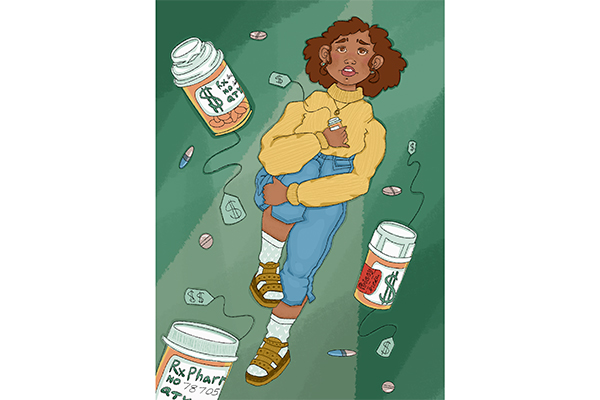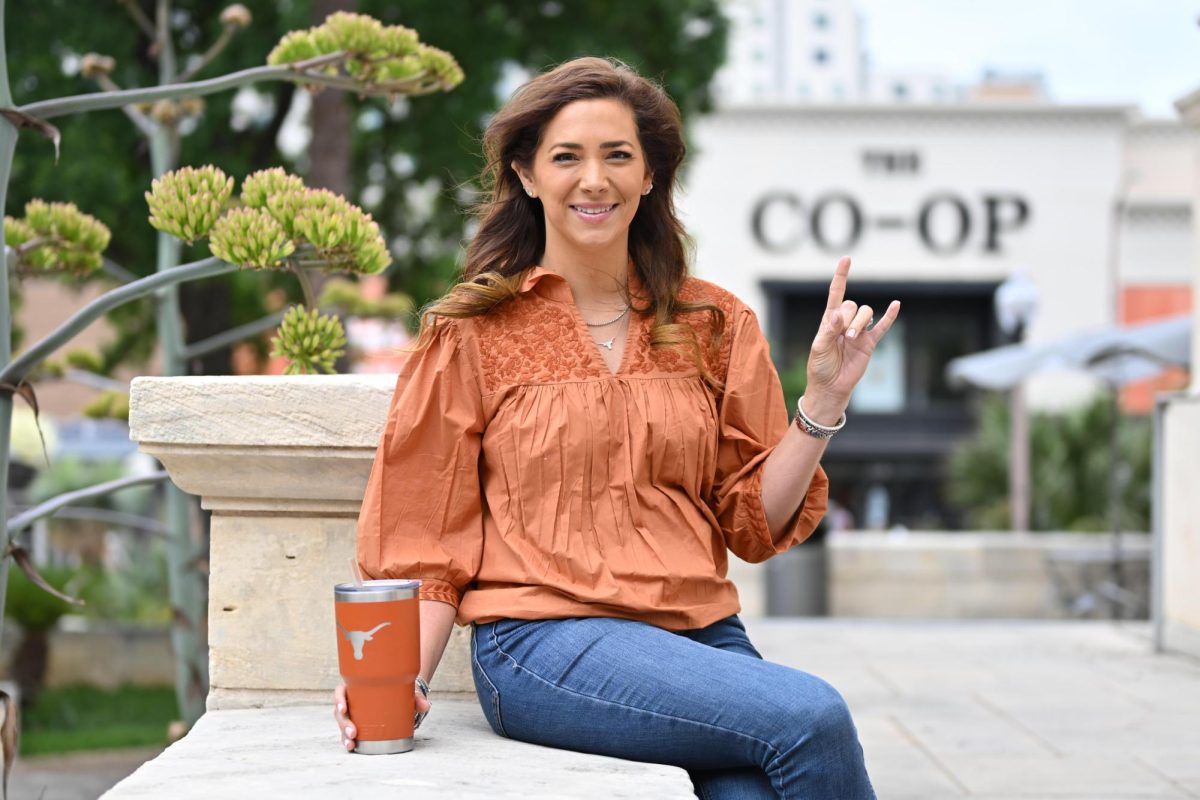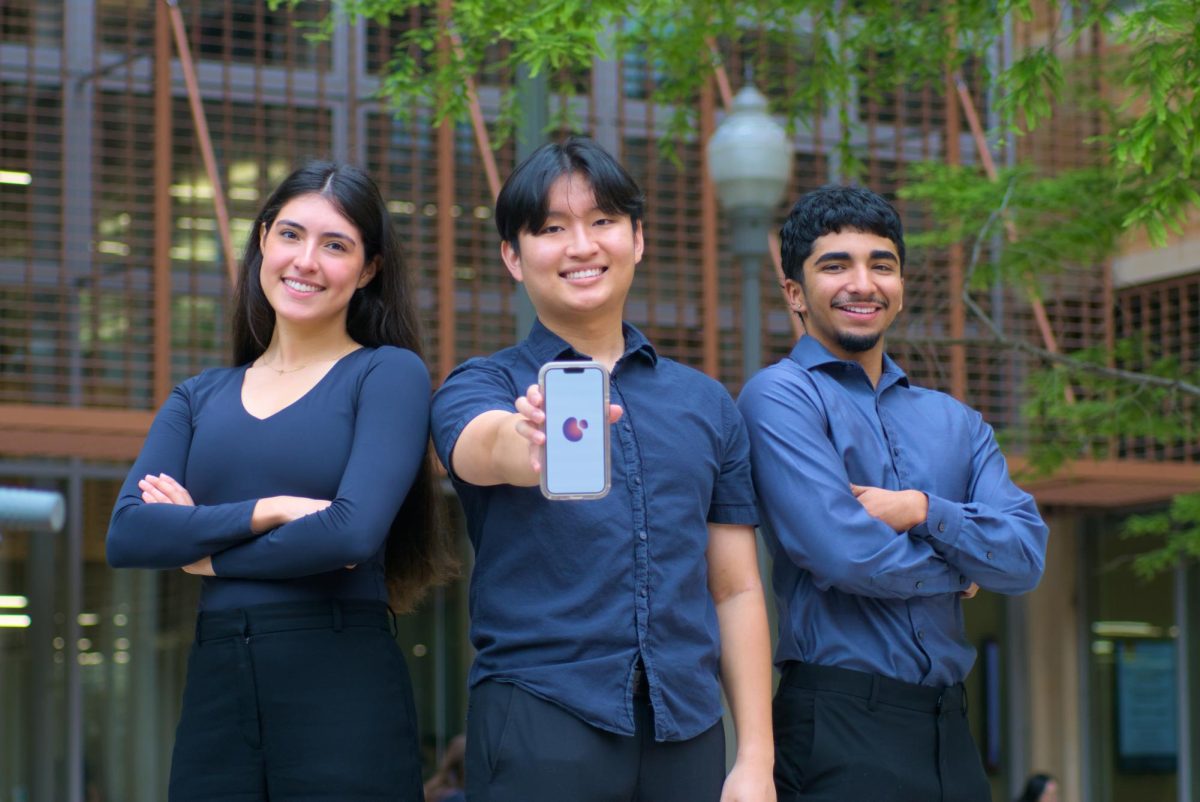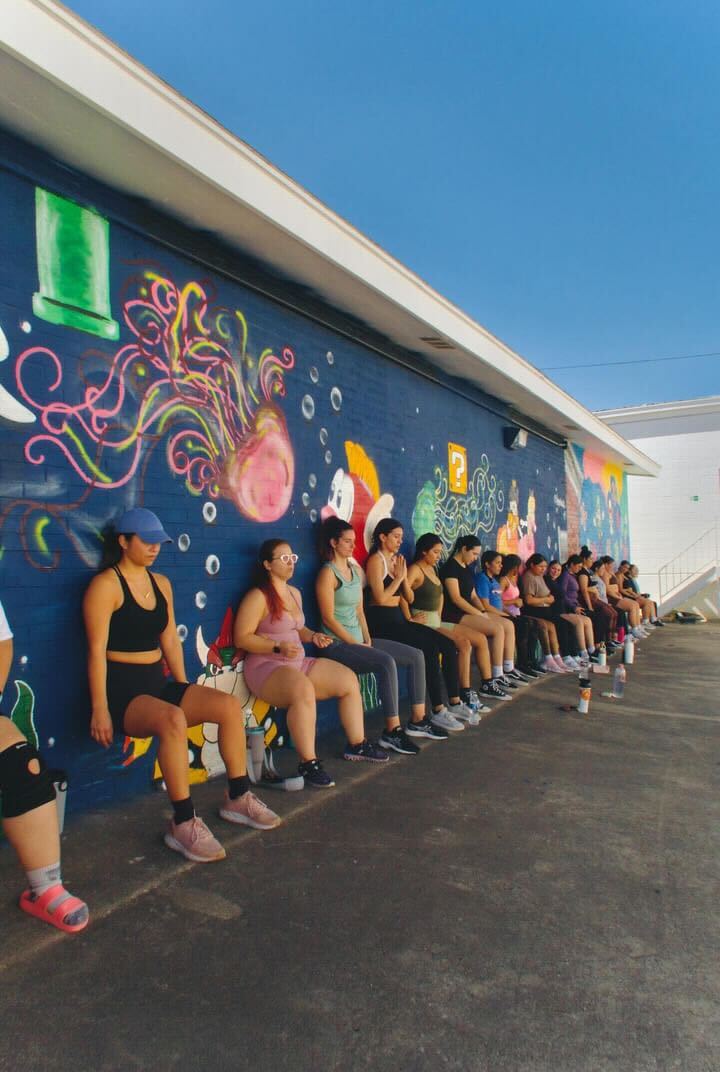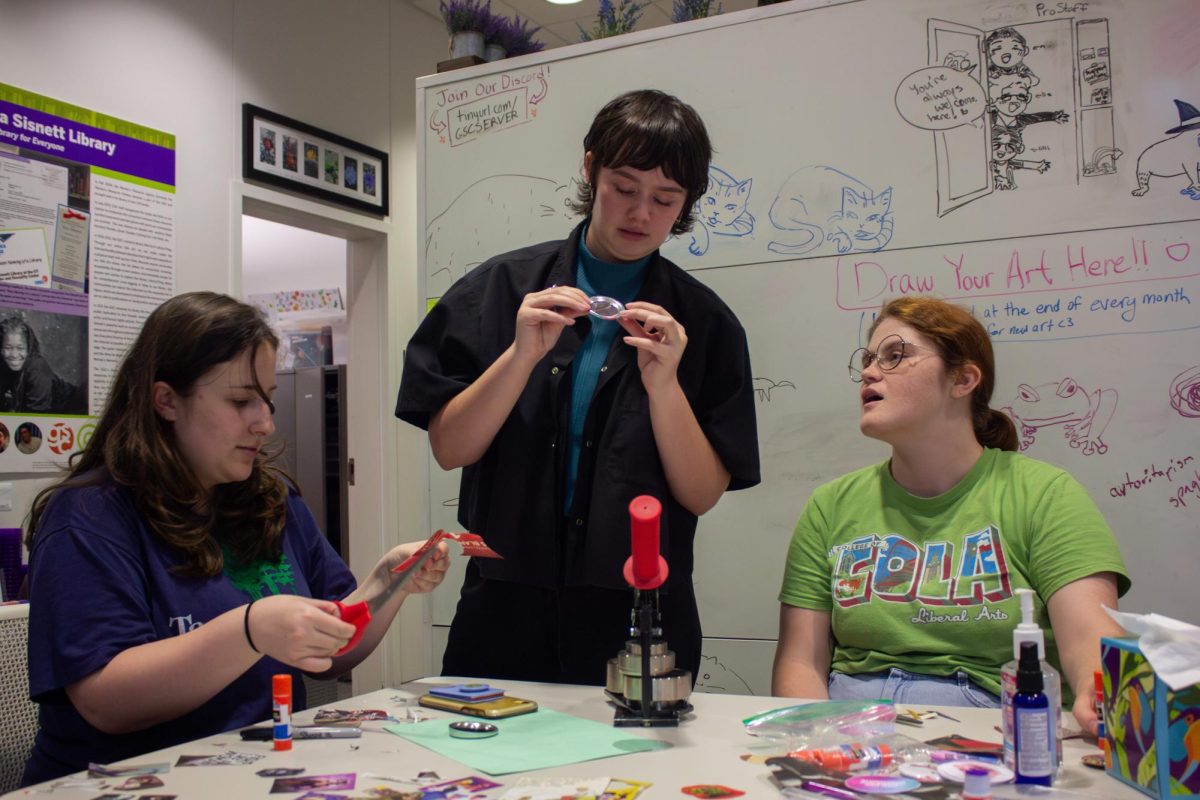Editor's Note: This story first appeared in The Daily Texan's February 5 online edition.
Michelle Nwaeri has a lingering fear. If she was ever in an accident, she’s afraid that someone would call an ambulance she couldn’t afford.
“Don't call an ambulance,” Nwaeri said. “Please don't call an ambulance. Put me in the back of an Uber. Just take me to the hospital. Let's just remove a couple $1,000 (from) my bill, please.”
1 out of 5 college students across America don’t have health insurance. Many of these students struggle to navigate the healthcare system and access affordable and effective care.
Nwaeri, a nutrition senior, said her parents live in Nigeria and their health insurance doesn’t cover her in America. She said she usually goes to the doctor for her annual check-up in Nigeria because it’s more affordable, but she hasn’t been back in over a year.
“It is scary to think of the fact that there could be some lingering illness that I'm unaware of and some health professionals are able to detect easily,” Nwaeri said.
Associate Director for Nursing and Clinical Operations at University Health Services (UHS), Kathy Mosteller, said uninsured students should call their medical providers to ask how much necessary procedures cost. If the information is still unclear, she said students should ask to speak to billing offices who can explain costs further.
“We want students to feel comfortable calling (UHS),” Mosteller said.” That's why we have the nurse advice line. That's why we have our receptionist that can answer most questions.”
Psychology senior Jolee Cave said she hasn’t had health insurance for over a decade. Her hometown, Leakey, TX, offers a program providing uninsured people with free birth control, but when she arrived at UT, she said she had to pay $50 out-of-pocket every three months. She said costs like this keep her from seeking care.
“My back's been in very intense pain for four days, but my first instinct is never to go to the doctor,” Cave said. “That's the last resort (and) only if I absolutely had to.”
Cave said she uses financial aid and scholarships to pay for her tuition, and has always felt left out among some of her wealthy peers.
“Insurance is another thing that I don't have and that a lot of the people around me probably take for granted,” Cave said.
When Rocío De Carolis arrived at Texas Law to begin her semester as an exchange student from Argentina, she said she had to pay over $1,400 for student insurance to enroll.
“For me, it is a burden,” De Carolis said. “It's basically a little bit more than one month’s rent. It was painful and frustrating. I have to pay for this and I don't even know if I'm gonna use it.”
De Carolis said the insurance covers visits to the UHS clinic, but it doesn’t cover visits to the Counseling and Mental Health Center (CMHC). She said she has heightened anxiety due to the pandemic, but the weekly out-of-pocket cost keeps her from seeking care at the CMHC.
Director for Prevention, Development and Media Relations at CMHC, Katy Redd, said individual appointments with psychiatrists have a $10 fee with a flexible payment plan.
“This is a hard time for all of us, especially for students,” Redd said. “The vast majority of our services are available at no charge to certain students, so insurance status isn't something we look at.”
Growing up without insurance, Nwaeri said she realized the negative impacts that lack of access to healthcare has on uninsured Americans. She chose a career path in healthcare to address these disparities.
“The bureaucracy and agenda of the healthcare system always gets a little demotivating at times, but then I'm reminded of institutions and businesses that actually help people without insurance,” Nwaeri said. “There's still ways to make a difference.”



